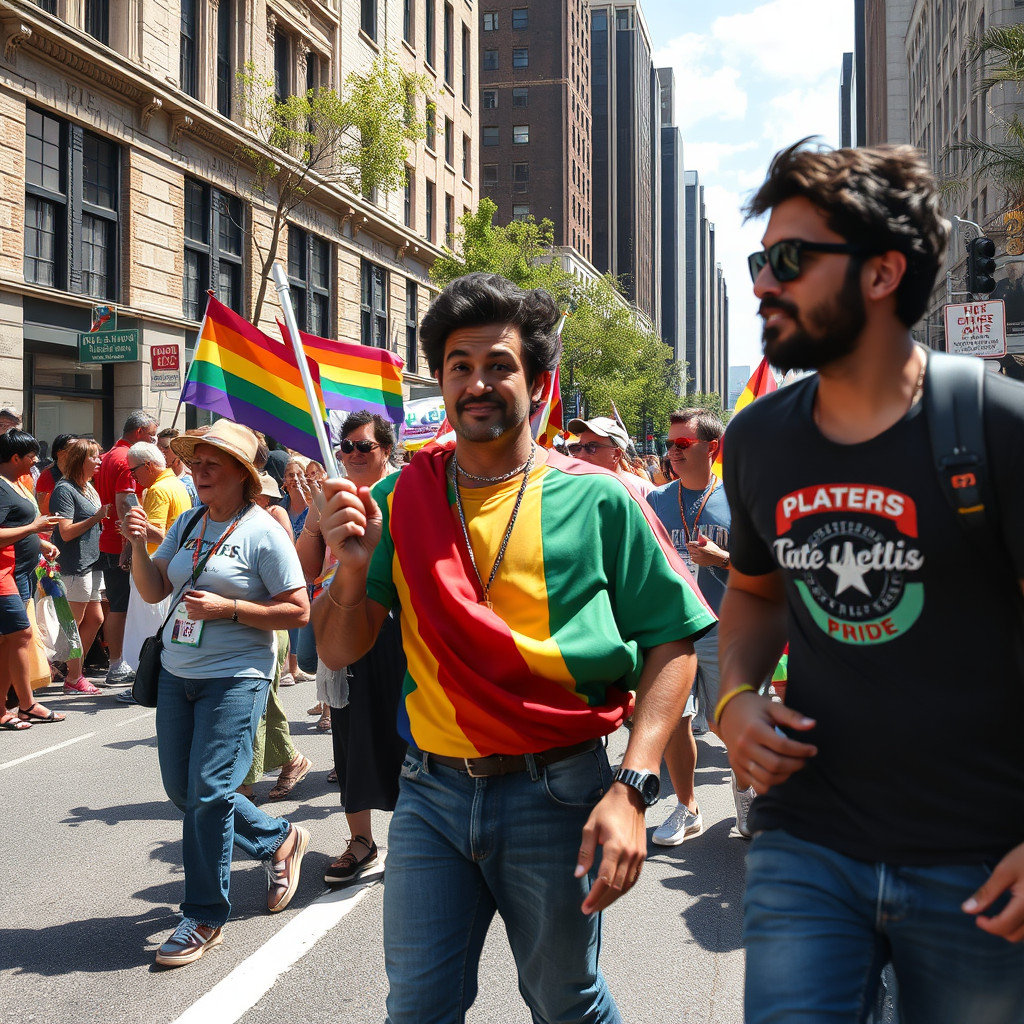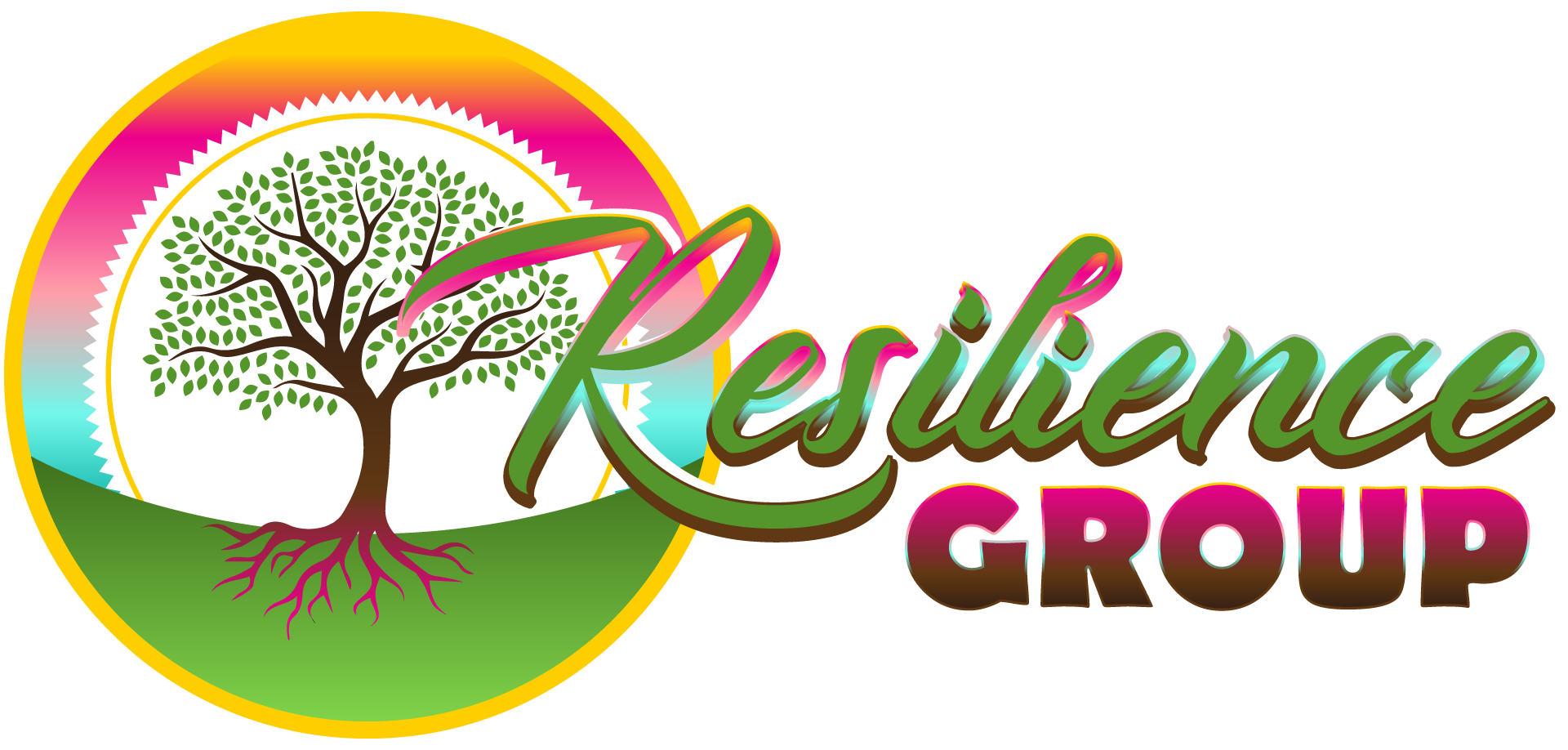LGBTQ+
LGBTQ+ is an acronym that refers to a diverse group of individuals who identify as lesbian, gay, bisexual, transgender, queer (or questioning), and other sexual orientations and gender identities. The “+” symbol is used to encompass the wide range of identities and orientations beyond the initial five categories, recognizing the complexity and fluidity of human sexuality and gender. This includes, but is not limited to, asexual, pansexual, genderqueer, non-binary, and intersex individuals.
The term LGBTQ+ is often used to describe a community and cultural movement that advocates for the rights, acceptance, and social inclusion of people whose sexual orientations and gender identities differ from the heterosexual and cisgender majority.
Key Components:
-
Lesbian (L):
A woman who is attracted to other women. It can also refer to a person whose primary sexual or romantic attraction is to people of the same gender. -
Gay (G):
A person who is primarily attracted to people of the same gender. While often used to describe men attracted to men, it can also be a general term for same-sex attraction. -
Bisexual (B):
A person who is attracted to both men and women, or to people of more than one gender. Bisexuality includes attraction to individuals regardless of their gender. -
Transgender (T):
A person whose gender identity differs from the sex they were assigned at birth. Transgender individuals may or may not undergo medical or social changes to align their gender identity with their expression. -
Queer (Q):
An umbrella term used to describe individuals whose sexual orientation or gender identity falls outside of heterosexual and cisgender norms. It is also used by some to reject rigid identity categories, allowing for a fluid, self-determined approach to sexuality and gender. -
+ (Plus):
The plus sign represents the inclusion of other sexual orientations and gender identities, such as asexual, pansexual, intersex, non-binary, genderfluid, agender, and more. It acknowledges that sexual and gender diversity cannot be fully captured by just the terms included in the acronym.

Contextual and Cultural Importance:
-
LGBTQ+ Identity:
LGBTQ+ individuals may face unique social, psychological, and medical challenges due to societal discrimination, stigma, and marginalization. As a result, the LGBTQ+ community emphasizes visibility, advocacy for human rights, and acceptance of diverse identities. -
Mental Health:
Mental health disparities, including higher rates of anxiety, depression, and suicidal ideation, are more common in LGBTQ+ populations due to factors such as social stigma, rejection, and discrimination. Creating supportive environments for LGBTQ+ individuals is crucial for improving mental well-being. -
Sexual and Gender Diversity:
The LGBTQ+ movement promotes understanding and respect for the full spectrum of sexual and gender identities, and it challenges traditional societal norms about sex, gender, and relationships.
Conclusion:
The term LGBTQ+ encompasses a wide range of sexual orientations and gender identities, emphasizing inclusivity and diversity. It plays a key role in advocating for the rights and recognition of individuals who do not conform to conventional heterosexual or cisgender norms, fostering acceptance and understanding in a variety of social, cultural, and legal contexts.
Contact
(435) 313-8533
Location:
Resilience Group
Saint George, UT 84770
In-person and telemedicine available
